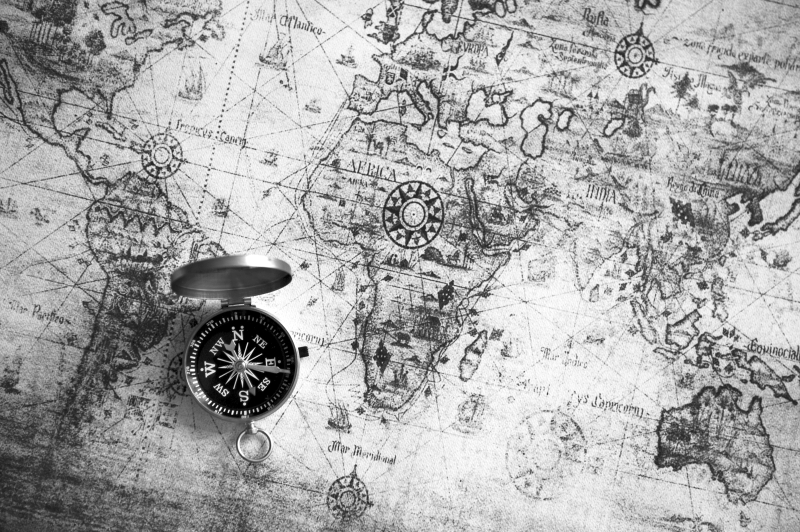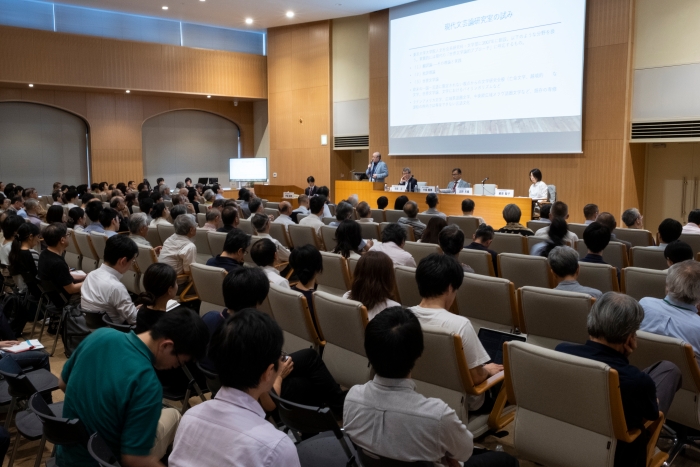Tokyo College Event “What is the ‘World’ in Japanese? Reexamination of Philosophy, History, Literature, and Religion”

Tokyo College held a symposium on “What is the ‘World?’ Reexamination of, and from, Philosophy, History, Literature, and Religion.”
On July 10, 2019, Tokyo College held a symposium on “What is the ‘World?’ Reexamination of, Philosophy, History, Literature, and Religion.” The moderator was Associate Professor Kiyonobu Date (Graduate School of Arts and Sciences), with Professor Masashi Haneda (Tokyo College), Professor Takahiro Nakajima (Institute for Advanced Studies on Asia), Professor Mitsuyoshi Numano (Graduate School of Humanities and Sociology), and Professor Satoko Fujiwara (Graduate School of Humanities and Sociology) taking the stage as panelists

In the first part—after an explanation of the aims of the symposium from the moderator, Associate Professor Date—the four panelists introduced what the term “world” refers to in their respective disciplines of specialization.
First, Professor Haneda pointed out problems from the standpoint of specializing in world history and comparative history, and advocated a “new world history.”
As a specialist in Chinese philosophy, Japanese philosophy, French philosophy and comparative philosophy, Professor Nakajima then talked about the future prospects for the study of world philosophy, which has come to be understood as “the sum total of philosophy from all over the world.”
After this, Professor Numano, who specializes in Russian and Polish literature and is active as a literary critic (including Japanese literature), explained world literature as a concept, reality, and practice.
Finally, Professor Fujiwara, who specialized in the study of religion, introduced the concept of “world religion” and discussed the need to rewrite the history of world religion, which presupposes the universality of the European model.
In the second part of the symposium, questions were taken from the floor, and the panelists exchanged their views about translation issues and humanities “originating in Japan.” There was a discussion of the issue going forwards in terms of what kind of possibilities and barriers might exist when engaging with people from overseas and academics in the sciences.
| Date(s) | Wednesday, 10 July 2019, 5:00-7:00 pm (Doors open: 4:30 pm) |
|---|---|
| Venue |
Large Conference Room, Sanjo Conference Hall, The University of Tokyo (Hongo Campus) |
| Registration | Pre-registration required (120 seats - First come, first served) |
| Language | Japanese (No simultaneous translation available) |
| Organized by | Tokyo College, The University of Tokyo |
| Contact | tcevent@graffiti97.co.jp |













